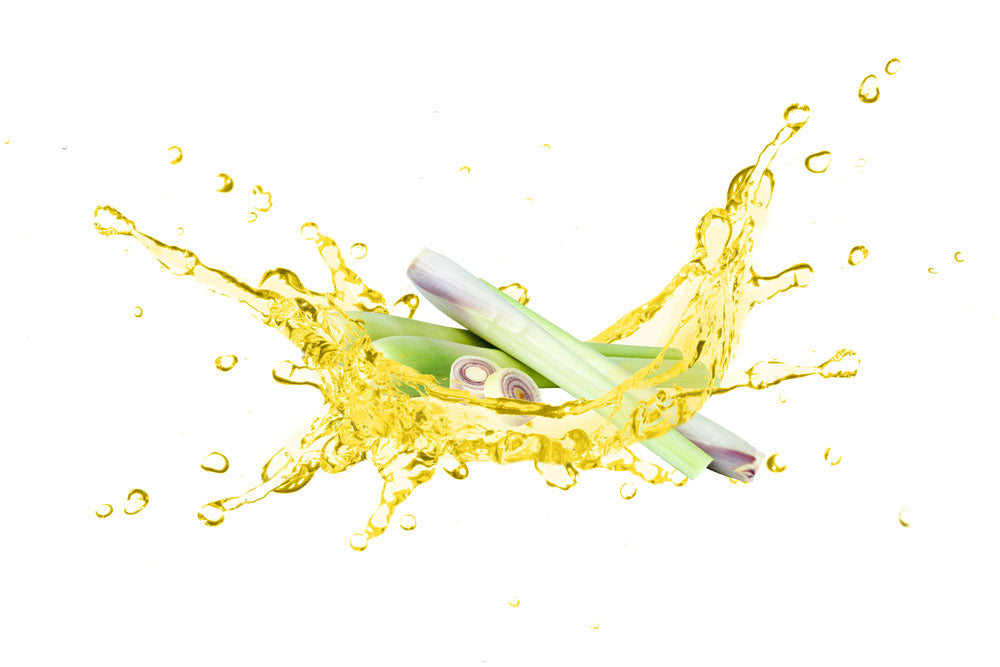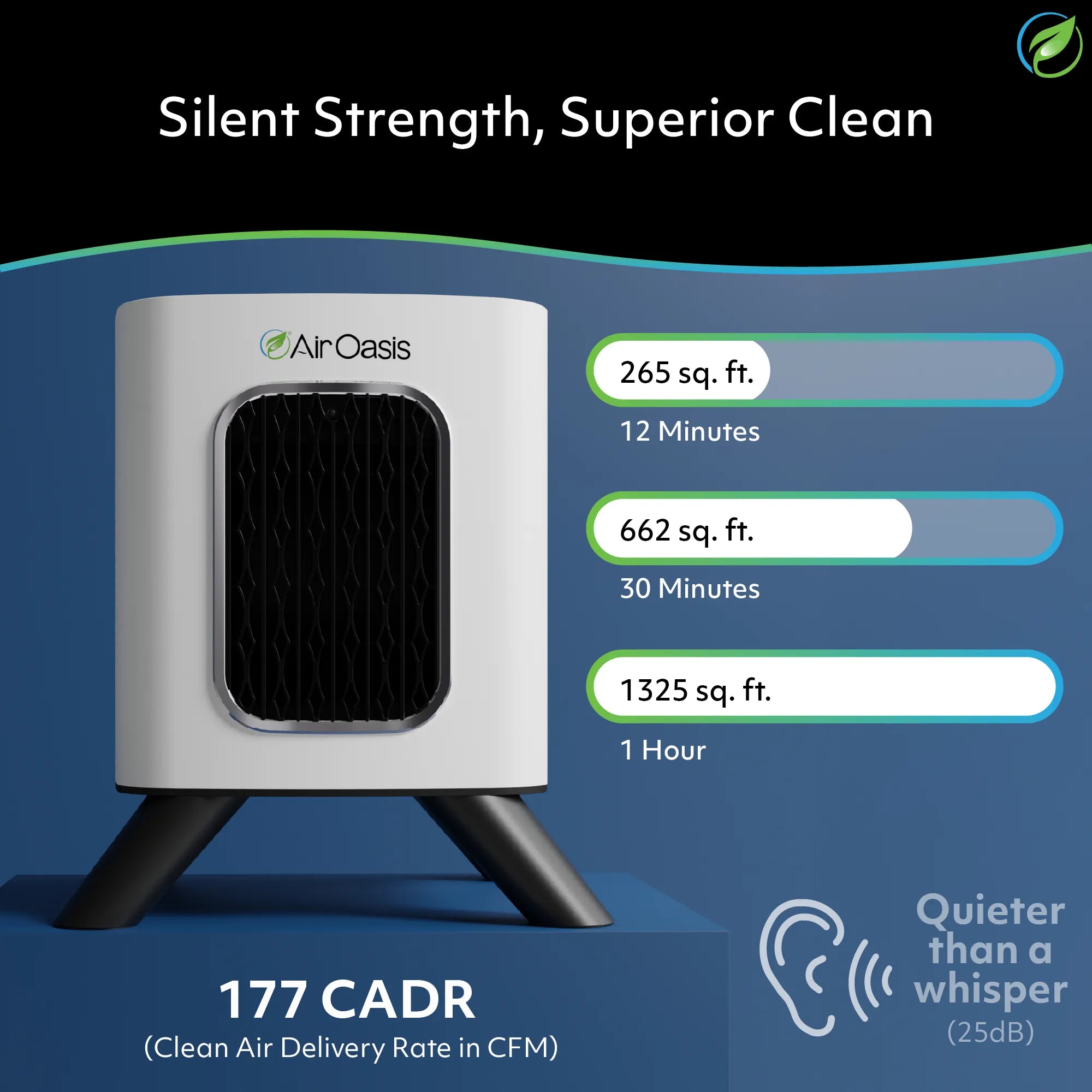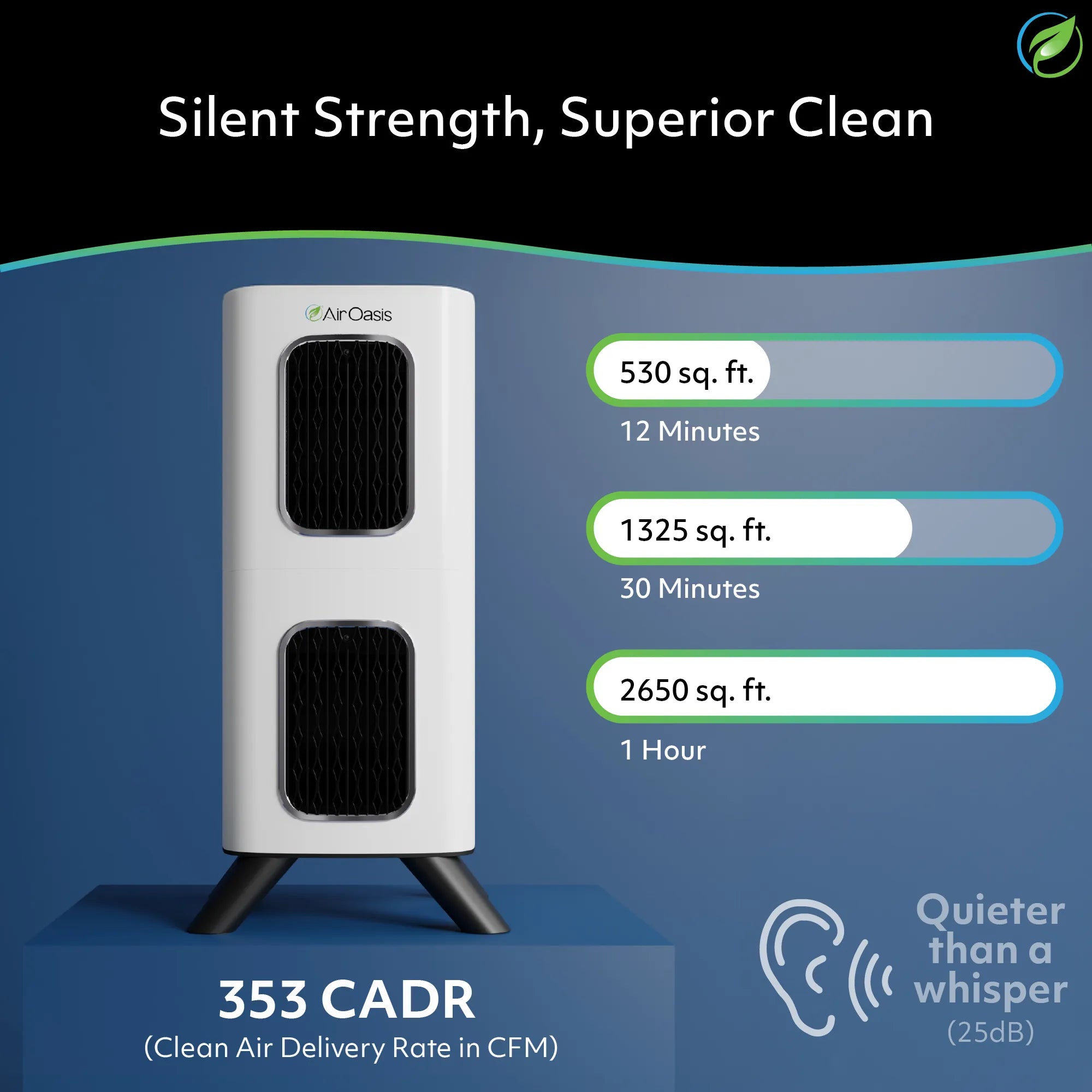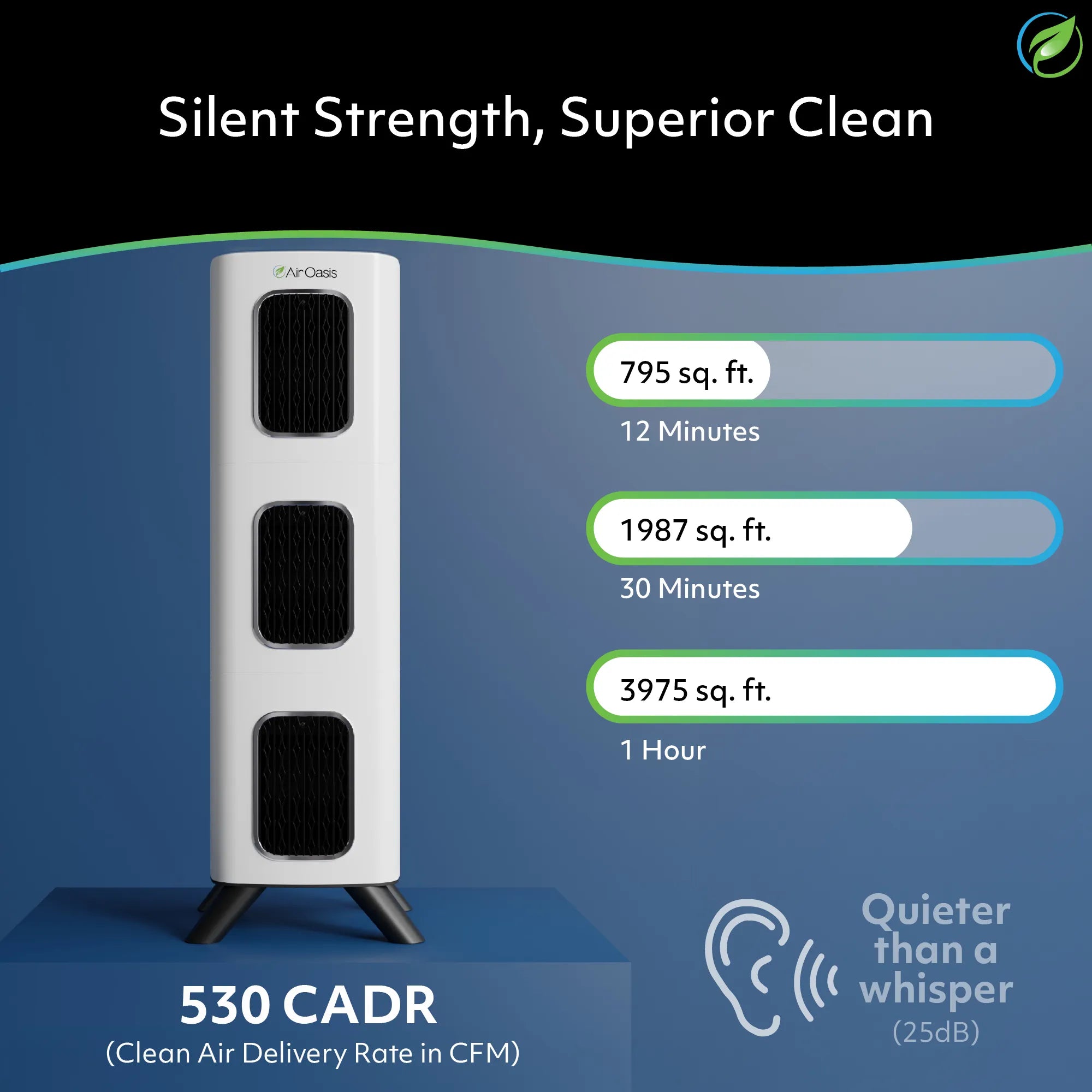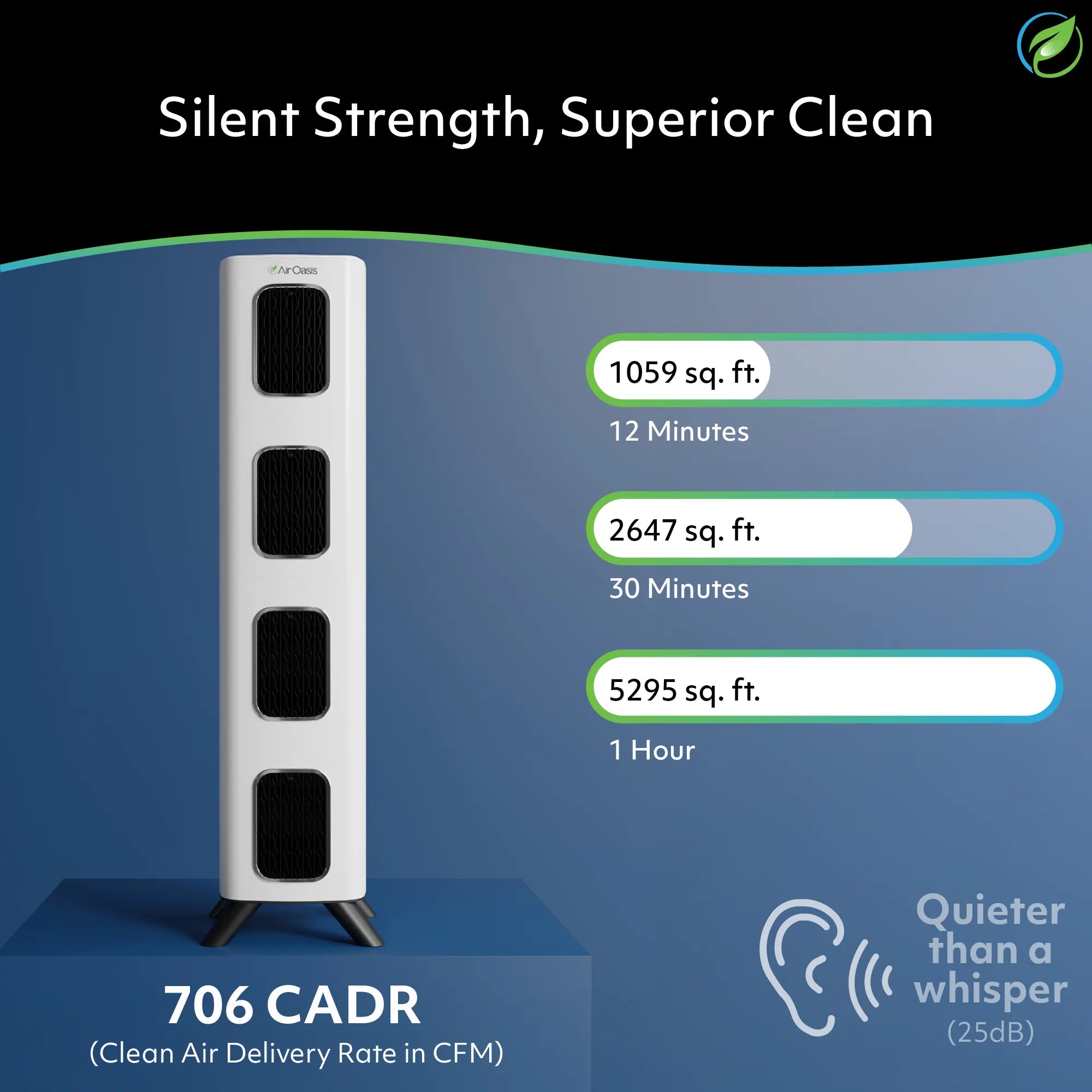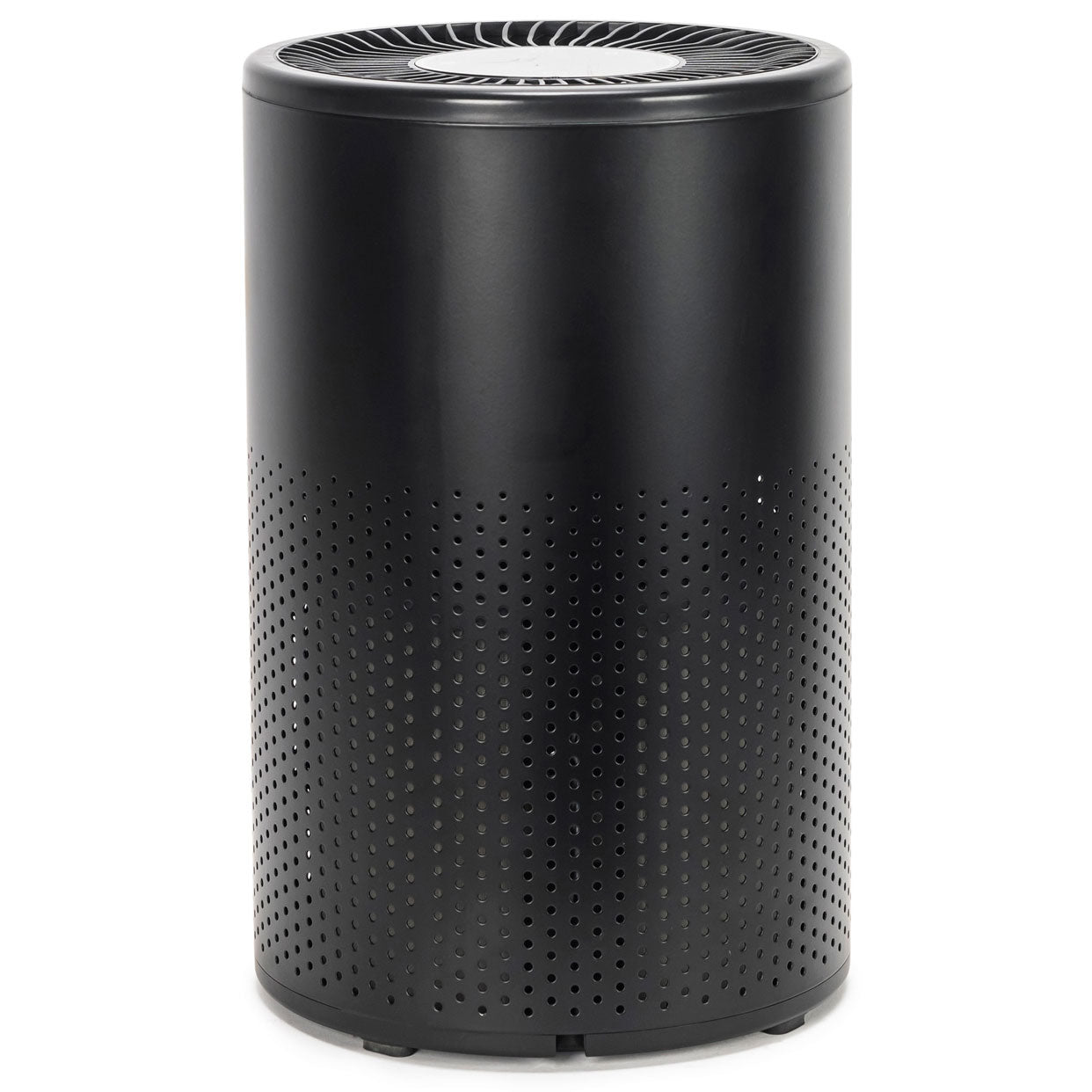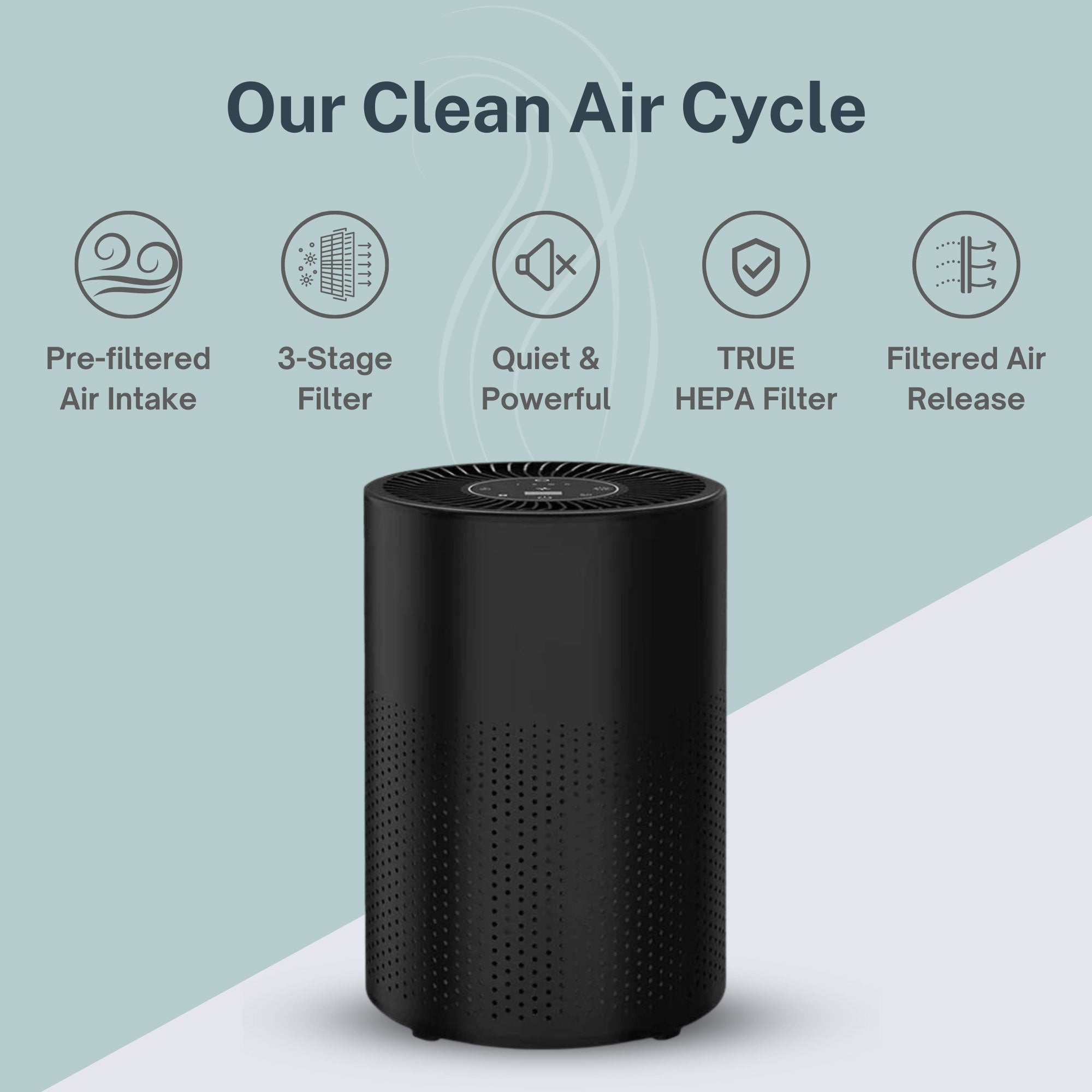Lemongrass Essential Oil Introduction
In the realm of aromatherapy, few scents evoke the vibrancy and freshness quite like lemongrass essential oil. Distilled from the leaves and woody stalks of the Cymbopogon citratus plant, this aromatic oil has been cherished for centuries for its invigorating fragrance and numerous health benefits. From soothing sore muscles to uplifting the spirit, lemongrass essential oil offers a multitude of uses that make it a staple in any natural wellness arsenal.
In this comprehensive guide, we'll delve into the origins, properties, uses, and benefits of lemongrass essential oil, shedding light on why this citrusy elixir continues to captivate and inspire.
Origins and Extraction: Lemongrass, native to tropical regions such as Southeast Asia and Africa, has long been valued for its culinary, medicinal, and aromatic properties. Its fresh, citrusy scent, reminiscent of lemon with a hint of earthiness, makes it a popular ingredient in cuisines worldwide, as well as in teas and beverages.
The essential oil of lemongrass is extracted through steam distillation of the plant's leaves and stems. This meticulous process ensures that the oil captures the essence of lemongrass in its purest form, preserving its potent aroma and therapeutic properties.
Properties and Composition: Lemongrass essential oil boasts a rich array of chemical constituents that contribute to its various health-promoting qualities. Among its primary components are citral, geraniol, limonene, and citronellal, which lend lemongrass its distinct aroma and therapeutic effects.
Key Properties of Lemongrass Essential Oil
- Antimicrobial: Lemongrass oil exhibits powerful antimicrobial properties, making it effective in combating bacteria, fungi, and even some viruses.
- Anti-inflammatory: Thanks to its anti-inflammatory compounds, lemongrass oil can help reduce inflammation and alleviate pain associated with conditions such as arthritis and muscle soreness.
- Antioxidant: Lemongrass oil contains antioxidants that help protect cells from damage caused by free radicals, thereby supporting overall health and wellness.
- Energizing: The uplifting aroma of lemongrass oil can invigorate the senses, boost mood, and promote mental clarity and focus.
- Insect Repellent: Lemongrass oil is a natural insect repellent, making it a safer alternative to chemical-laden bug sprays.
Uses and Applications
The versatility of lemongrass essential oil lends itself to a wide range of applications, both for health and household purposes. Here are some popular ways to incorporate lemongrass oil into your daily routine:
- Aromatherapy: Diffuse lemongrass oil in a diffuser to create an uplifting atmosphere and promote relaxation and mental clarity.
- Massage: Dilute lemongrass oil with a carrier oil such as coconut or jojoba oil and use it for a soothing massage to relieve muscle tension and promote relaxation.
- Skincare: Add a few drops of lemongrass oil to your skincare routine to help reduce acne, tone the skin, and combat signs of aging.
- Household Cleaner: Harness the antimicrobial properties of lemongrass oil by adding it to homemade cleaning products to disinfect surfaces and freshen the air.
- Bug Repellent: Create a natural insect repellent spray by combining lemongrass oil with water and witch hazel, and use it to ward off mosquitoes and other pests.
Benefits and Considerations
The benefits of lemongrass essential oil extend beyond its pleasant scent, offering a holistic approach to health and well-being. However, it's essential to use this potent oil with care and consideration:
- Dilution: Lemongrass oil is highly concentrated and can cause skin irritation if applied undiluted. Always dilute it with a carrier oil before applying to the skin.
- Sensitivity: Individuals with sensitive skin or allergies should perform a patch test before using lemongrass oil topically to ensure they don't experience any adverse reactions.
- Pregnancy and Children: Pregnant women and young children should consult with a healthcare professional before using lemongrass oil due to its potent nature.
- Quality: Choose high-quality, organic lemongrass oil from reputable sources to ensure purity and potency.
Conclusion
Lemongrass essential oil stands as a shining example of nature's bounty, offering a myriad of benefits for mind, body, and spirit. Whether you're seeking to uplift your mood, soothe sore muscles, or purify your living space, lemongrass oil serves as a versatile and effective ally on your wellness journey.
By harnessing the zesty power of lemongrass essential oil, you can tap into its invigorating energy and embrace the transformative potential of this citrusy elixir. So why not infuse your life with the refreshing aroma and therapeutic benefits of lemongrass oil today? Your senses will thank you for it.
